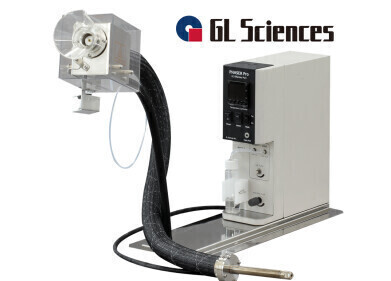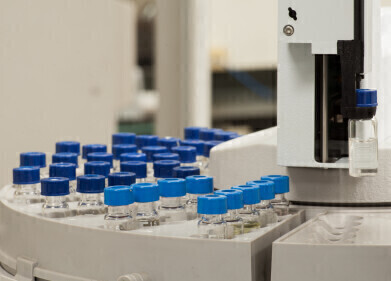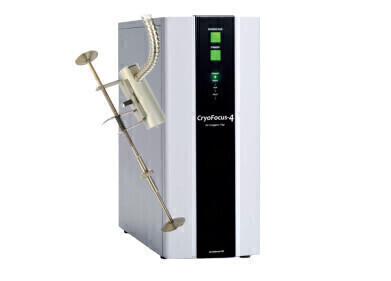-
 Gas chromatography-mass spectrometry has been used to identify polluted edible oil
Gas chromatography-mass spectrometry has been used to identify polluted edible oil
GC, MDGC
Gas chromatography-mass spectrometry identifies oil pollutant
May 18 2010
But researchers in China have been applying gas chromatography-mass spectrometry to edible oil for the same purpose.
Their findings, published in the latest issue of the Journal of Chromatography A, explain how further chromatographic processes can extract the pollutant from the oil, effectively purifying it.
The pollutant in question is polycyclic aromatic hydrocarbons, identified as a priority substance by the US Environmental Protection Agency.
Jian-Hua Wang and Guo Cui of the University of Qingdao and State Key Laboratory of Food Safety Testing in China developed the analytical method and subsequent purifying process, which uses a narrow gel permeation chromatographic column, achieving recoveries of between 81 and 96 per cent of the edible oil tested.
The Chinese State Key Laboratories are university research departments which receive funding from the Chinese central government, typically in areas such as chemistry, physics and medicine.
Events
Jan 20 2025 Amsterdam, Netherlands
Feb 03 2025 Dubai, UAE
Feb 05 2025 Guangzhou, China
Mar 01 2025 Boston, MA, USA
Mar 04 2025 Berlin, Germany











